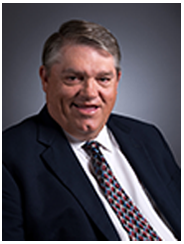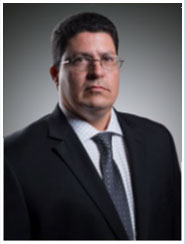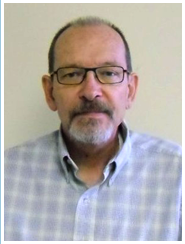Methane Mitigation – FlareBuster
Methane is 25 times more potent than CO₂ as a GHG. Methane that is vented or flared is one of the world’s largest sources of GHG emissions. Our proprietary FlareBuster™ transforms this gas into useful liquid transportation fuels. The design, supported by several patents, significantly reduces the capital expenditure per barrel of daily capacity. It can also be used to extinguish flares and produce products that are not combusted (such as lube base oils, solvents, and waxes), and therefore do not produce GHG emissions.
FlareBuster is fully autonomous: it generates its own power, does not require water, and is monitored by satellite. Moreover, it is built entirely from truckable modules that can be disassembled and transported with relative ease. We plan to build commercial units, which we believe will lead to wide industry acceptance.







